Regulatory Changes
Regulatory changes are a significant driver shaping the European Airline Industry Market, influencing operational frameworks and competitive strategies. In 2025, the market is navigating a complex landscape of regulations aimed at enhancing safety, security, and environmental sustainability. The European Union's stringent regulations on emissions and noise pollution compel airlines to adapt their operations and invest in cleaner technologies. Additionally, the implementation of passenger rights legislation impacts how airlines manage cancellations and delays, necessitating robust customer service protocols. These regulatory frameworks not only ensure compliance but also foster a level playing field among carriers. As airlines adapt to these evolving regulations, they may face increased operational costs, yet they also have the opportunity to differentiate themselves through superior compliance and customer service. The dynamic nature of regulatory changes in the European Airline Industry Market underscores the importance of agility and strategic foresight.
Digital Transformation
Digital transformation is a pivotal driver in the European Airline Industry Market, reshaping operational efficiencies and customer experiences. Airlines are increasingly adopting advanced technologies such as artificial intelligence, big data analytics, and mobile applications to streamline operations and enhance service delivery. In 2025, the market observes a surge in the use of contactless technologies, which facilitate seamless passenger journeys from check-in to boarding. Moreover, data-driven insights enable airlines to personalize offerings, thereby improving customer satisfaction and loyalty. The integration of digital platforms for ticketing and customer service is also becoming commonplace, allowing airlines to respond swiftly to market demands. This transformation not only optimizes operational costs but also positions airlines competitively in a rapidly evolving landscape. As the European Airline Industry Market continues to embrace digital solutions, the potential for innovation and growth appears substantial.
Passenger Demand Recovery
The European Airline Industry Market is currently experiencing a robust recovery in passenger demand, driven by a resurgence in travel preferences. In 2025, the market reports a significant increase in both leisure and business travel, as consumers exhibit a strong desire to reconnect and explore. This uptick is reflected in rising passenger numbers, with forecasts suggesting a return to pre-pandemic levels. Airlines are responding by expanding their route networks and increasing flight frequencies to meet this growing demand. Additionally, the competitive landscape is intensifying, as carriers vie for market share by offering attractive pricing and enhanced services. The recovery in passenger demand is not only vital for airline profitability but also stimulates ancillary revenue streams, such as in-flight services and loyalty programs. As the European Airline Industry Market continues to evolve, the sustained demand for air travel is likely to drive further investments in capacity and innovation.
Sustainability Initiatives
The European Airline Industry Market is increasingly influenced by sustainability initiatives as airlines strive to reduce their carbon footprints. Regulatory frameworks, such as the European Union Emissions Trading System, compel airlines to adopt greener technologies and practices. In 2025, the market sees a notable shift towards sustainable aviation fuels (SAFs), which are projected to account for a significant portion of fuel consumption. Airlines are investing in fleet modernization, with newer aircraft models offering improved fuel efficiency. This transition not only aligns with environmental goals but also appeals to eco-conscious consumers, potentially enhancing brand loyalty. Furthermore, the European Airline Industry Market is witnessing collaborations between airlines and fuel producers to develop and scale SAF production, indicating a long-term commitment to sustainability. As these initiatives gain traction, they are likely to reshape competitive dynamics within the industry.
Technological Advancements
Technological advancements are profoundly influencing the European Airline Industry Market, driving innovation and enhancing operational efficiencies. In 2025, the market witnesses the integration of cutting-edge technologies such as blockchain for secure transactions and enhanced data management. Airlines are also leveraging automation in various processes, from baggage handling to customer service, which streamlines operations and reduces costs. Furthermore, advancements in aircraft technology, including the development of electric and hybrid models, are poised to revolutionize the industry by offering more sustainable travel options. The adoption of these technologies not only improves operational performance but also enhances the overall passenger experience. As the European Airline Industry Market continues to evolve, the potential for technological innovation appears vast, with airlines that embrace these advancements likely to gain a competitive edge.


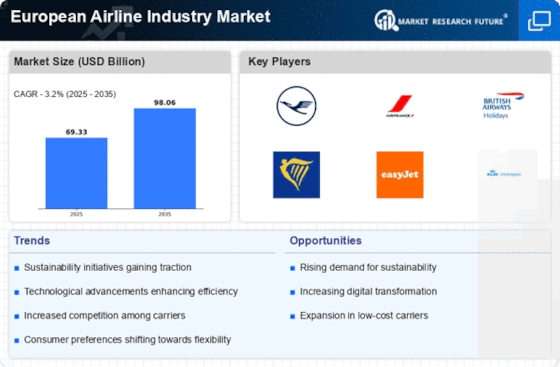
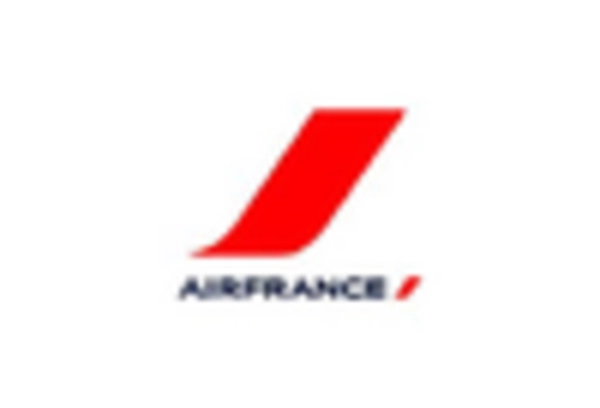
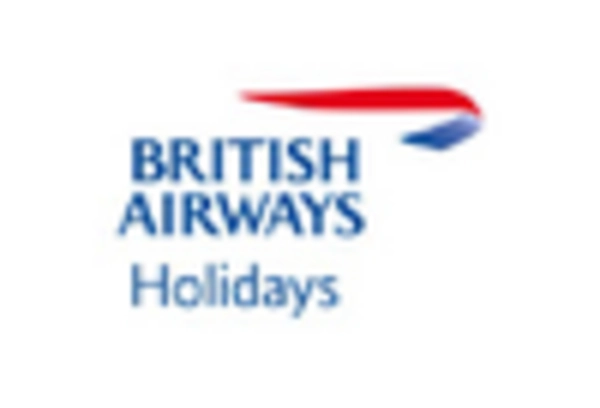
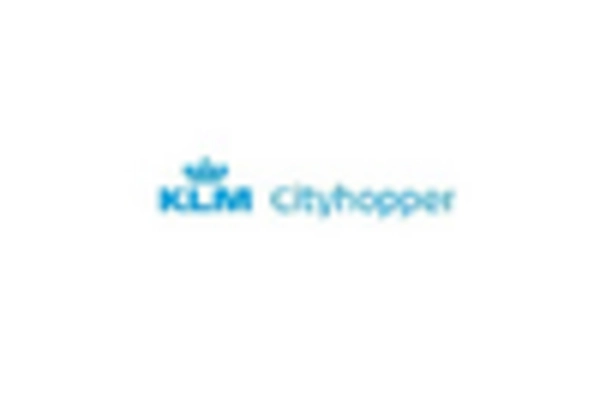
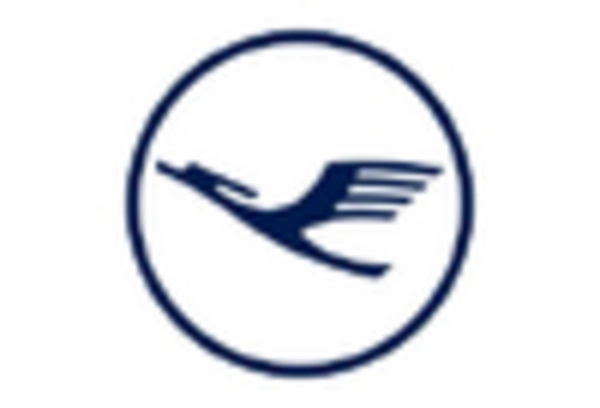
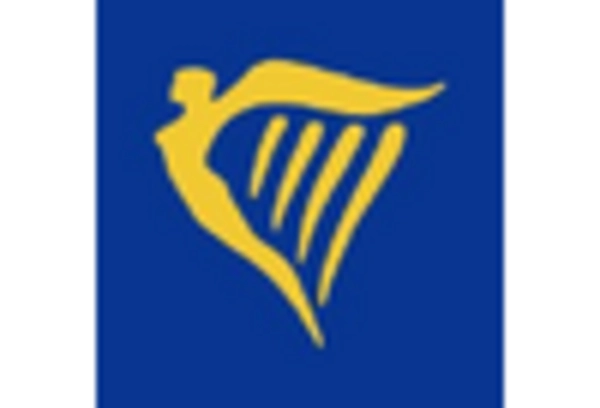
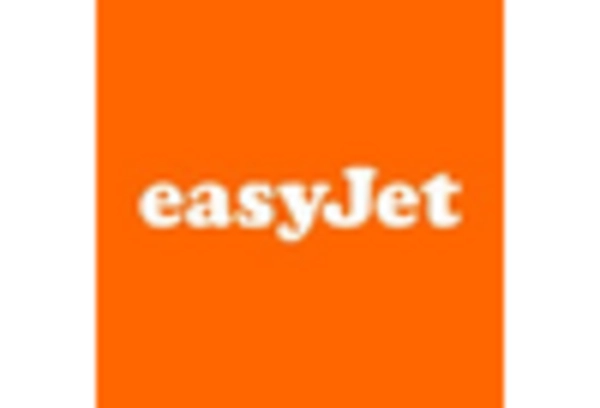








Leave a Comment